Respect for culture and local populations
You are hiking, hiking, or on a trip, follow these recommendations:
When traveling, you are no longer at home, but just a simple guest or visitor. The expression that "the customer is king" does not apply to the populations that welcome you, a trip is far from being a consumable product like any other.
You have come from far away, respect the different cultures and traditions of the people you have come to see, adapt and enrich yourself with this difference.
Cultivate yourself, and do your research. Knowing a few words of the local language always helps to gain respect.
Consume on the spot and be generous. Tips and fees must be commensurate with the cost of living there so as not to destabilize the local economy.
Remember to haggle with humor and patience, and don't get carried away. A smile is always better than an aggressive tone.
Do not buy sacred or traditional objects so as not to strip the historical heritage of your host country, unless obviously, they are copies intended for sale, artisanal work resulting from the efforts of artisans and locals. Let us encourage them not to leave their trades and their ancestral know-how.
A local, built or natural heritage is part of the heritage of humanity, respect and keeps historic buildings, do not damage them, do not break them, and the flora too, nor gashes on trees or rocks.
Prefer as much as possible the services offered by locals, and buy crafts and regional products, this is of course one of the best ways to directly benefit the populations of the money circulating in the local economy.
Respect for nature
Fauna and flora
Do not entice wild animals with food, this changes their diet and can even be fatal.
Observe wild animals from a safe distance so as not to frighten them and change their behavior, and do not touch them, for your own safety and theirs.
Do not import live or dead animals, and do not encourage trade in their hides, fur, ivory, etc. These practices contribute to biodiversity loss and species extinction, and are prohibited under species protection agreements.
Respect the markings of the paths, you will avoid trampling on the flora.
Respect the ecosystem and the real owners of the places -the fauna-, do not disturb them with abrupt actions, loud sounds or by chasing them and stalking them.
Always ask before picking plants, some species are endangered, others may be harmful to the human body.
In short, learn to appreciate nature without disturbing it. It's a bit like in a museum: a pleasure for the eyes, but you must not touch!
Garbage
It is not because some municipalities, towns or authorities do not have waste collection systems that we should throw our waste anywhere - even if some locals do it - that is, throw away their rubbish anytime and anywhere! On the contrary, we have an awareness-raising role to play with local populations, and it is up to us to set an example.
Take garbage bags for all your waste, sort the waste if possible and separate especially those that are dangerous, and throw them in a garbage can! When there aren't any nearby, wait until you're back in town.
Please show good citizenship and try to bring back harmful (hazardous) waste such as batteries and other materials that cannot be recycled or destroyed in certain destinations.
The sea is not a garbage can. Did you know that a simple plastic bag can be fatal to turtles or dolphins who choke on the idea of swallowing a jellyfish?
Did you know that a butt takes two years to decompose? Bring a pocket ashtray if you can’t manage without tobacco during the hike!
Resource consumption
Water is a precious resource, sometimes a luxury. Be careful not to waste or pollute it.
At the beach, use suntan lotion rather than oil that does not dissolve in water. Sun oil forms a screen on the surface and slows down photosynthesis in underwater plants.
Some activities are better suited to our temperate climates than to desert climates. Golf, for example, is one of the biggest consumers of water, sometimes draining reserves for farmers and local populations. Respecting the environment means understanding where you are going.
